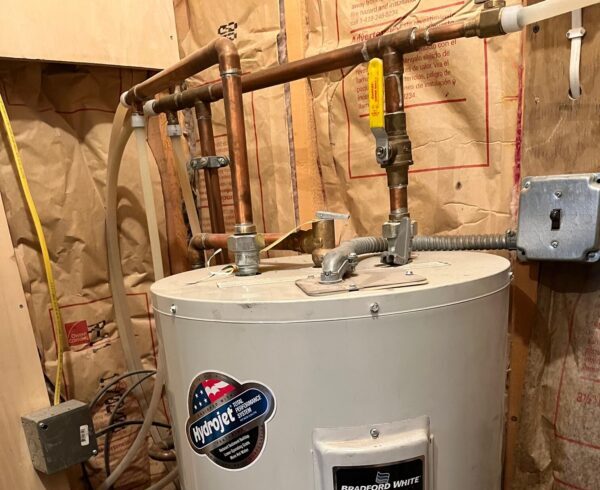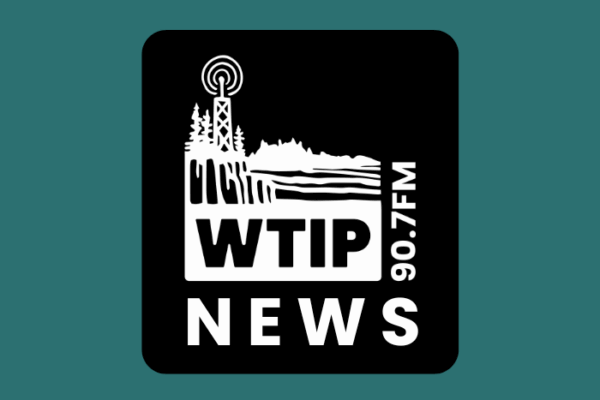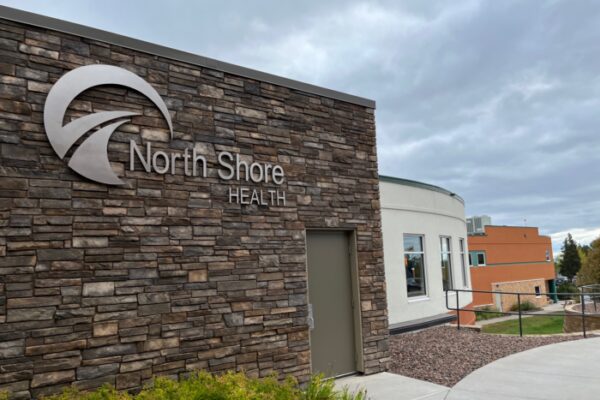Water quality in Grand Marais among Minnesota’s best despite environmental group’s concerns
A concerned community member recently sent WTIP information about the quality of the drinking water in Grand Marais.
The individual sent a link to a website that showed the water quality in cities across the country. The website belongs to the Environmental Working Group (EWG), a nonprofit based in Washington D.C. that, among other things, provides a database that lets U.S. citizens review the contaminants that could be contained in their drinking water. Their website uses numeric standards to review public water systems across the country, including the drinking water supplied by the city of Grand Marais. The drinking water here comes from Lake Superior before it runs through a filter and ultimately a faucet inside city limits.
When I searched the Grand Marais zip code, 55604, the EWG database listed eight “cancer-causing” pollutants that were at dangerously high levels in the city’s water.
Based on the report on the website, it was obvious the local resident who contacted WTIP had a reason to be concerned. However, the WTIP news team wanted to learn more. We started by researching who the Environmental Working Group is. According to its website, the Environmental Working Group formed in 1993 in the interest of sharing public data about drinking water across the United States. They set their own standards for what they consider safe. In addition, they occasionally encourage people to buy particular water filters if those standards aren’t being met. To learn more about the company, we reached out to officials at EWG to learn why they claim the drinking water in Grand Marais appears to carry cancer-causing levels of toxic chemicals. The WTIP News Department never heard back after leaving multiple messages.
Across the country, some public health officials worry that EWG’s model does not inform people about their water, but rather triggers unwarranted fear. The Minnesota Department of Health, for example, uses a different standard when it comes to the health guidelines EWG uses to say if the water in any location is safe to drink. The state agency and its scientists utilize a wide variety of water quality experts (hydrologists, engineers), research scientists (toxicologists, exposure scientists, epidemiologists), and public health professionals who work together to assess the public health risks of contaminants in drinking water and monitor drinking water. Grand Marais officials must prepare annual water quality reports, known as Consumer Confidence Reports, for community members and the general public. Click here to get the most recent report on the city’s drinking water.
Karla Peterson is a supervisor for the Minnesota Department of Health drinking water protection community public water supply unit. She says Grand Marais has some of the cleanest water in all of Minnesota.
“The source is so clean that it’s cleaner than really most of our other sources in Minnesota, whether it’s rivers or lakes,” she told WTIP. “It really is the cleanest source of drinking water in Minnesota.”
Peterson says that when comparing drinking water standards from non-official entities such as EWG, it’s important to be mindful of where the information is coming from, and when.
Learn more about this topic in the audio report shared below.














